Smart energy starts here
One platform. Infinite efficiency. From EV charge point operations to energy management, grid balancing and AI support, Stuart brings everything you need to scale sustainable energy.
Trusted by energy leaders and forward-thinking networks
















Three powerful modules.One unified platform.
From EV charging to smart energy optimization, each Stuart product solves a critical part of the electrification puzzle.

Stuart EV
Manage, operate, and monetize EV charging with ease. Built to scale from 1 to 10,000+ EV charging fleets.
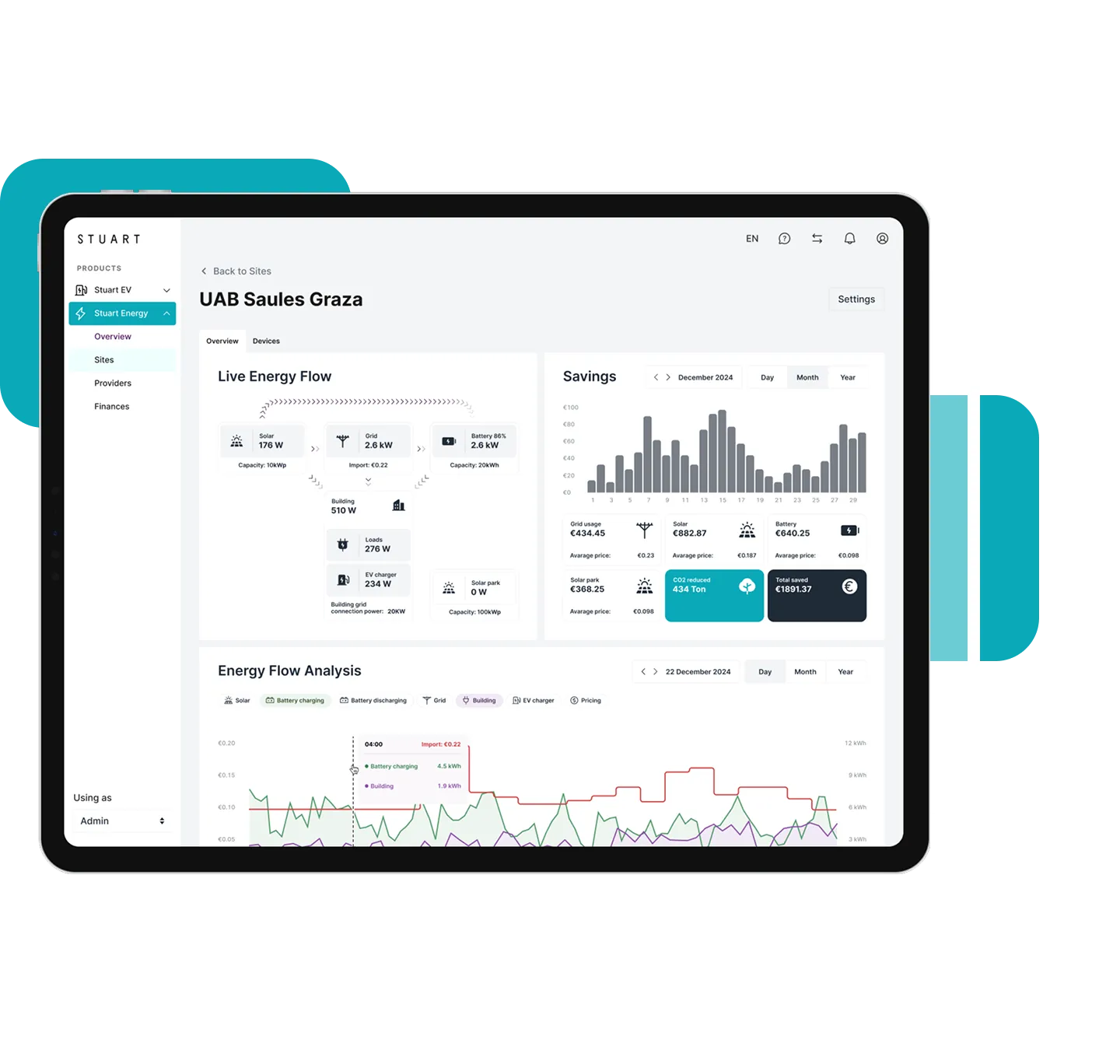
Stuart EMS
Simplify energy management and load balancing. Automate flows, cut costs, and monetize storage.
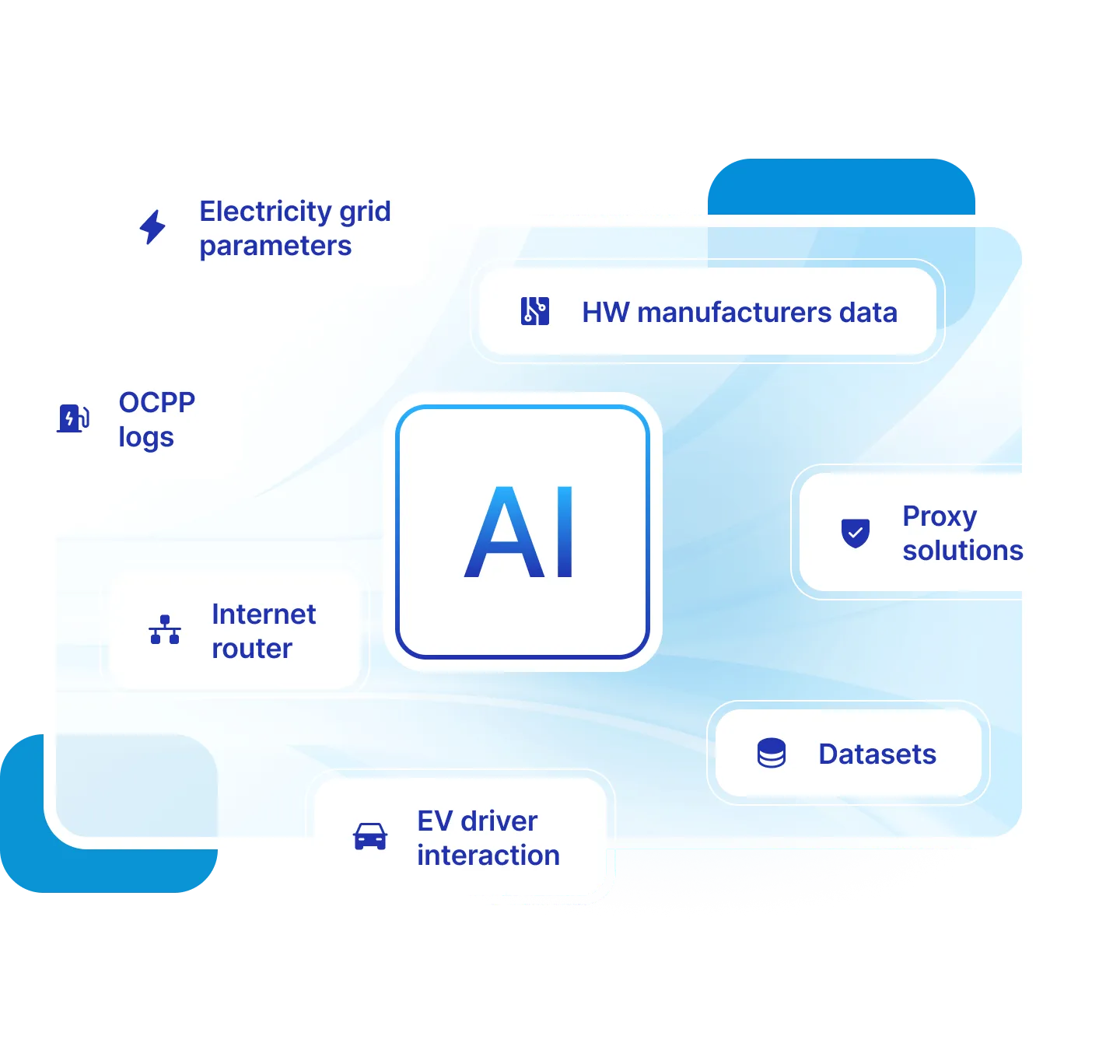
Stuart AI
AI copilot for EV support teams to fix issues fast. Reduce downtime, scale support, and save effort.
Why teams choose Stuart
From startups to large-scale networks, Stuart delivers reliability, intelligence, and performance where it matters most.
Seamless integrations
Built API-first for easy connection to your existing infrastructure and tools.
White label ready
Launch branded EV services in days with full web and mobile interface support.
Customer-oriented
Backed by a hands-on team ready to meet custom needs and support your growth.
Smart energy management
Combine dynamic load balancing and storage to beat grid limits and energy costs.
AI-powered optimization
Boost uptime and efficiency with real-time diagnostics and automated insights.
Automated billing
Stripe or Worldline integrated, automated payments across markets.
Get the tools to stay ahead of the curve.
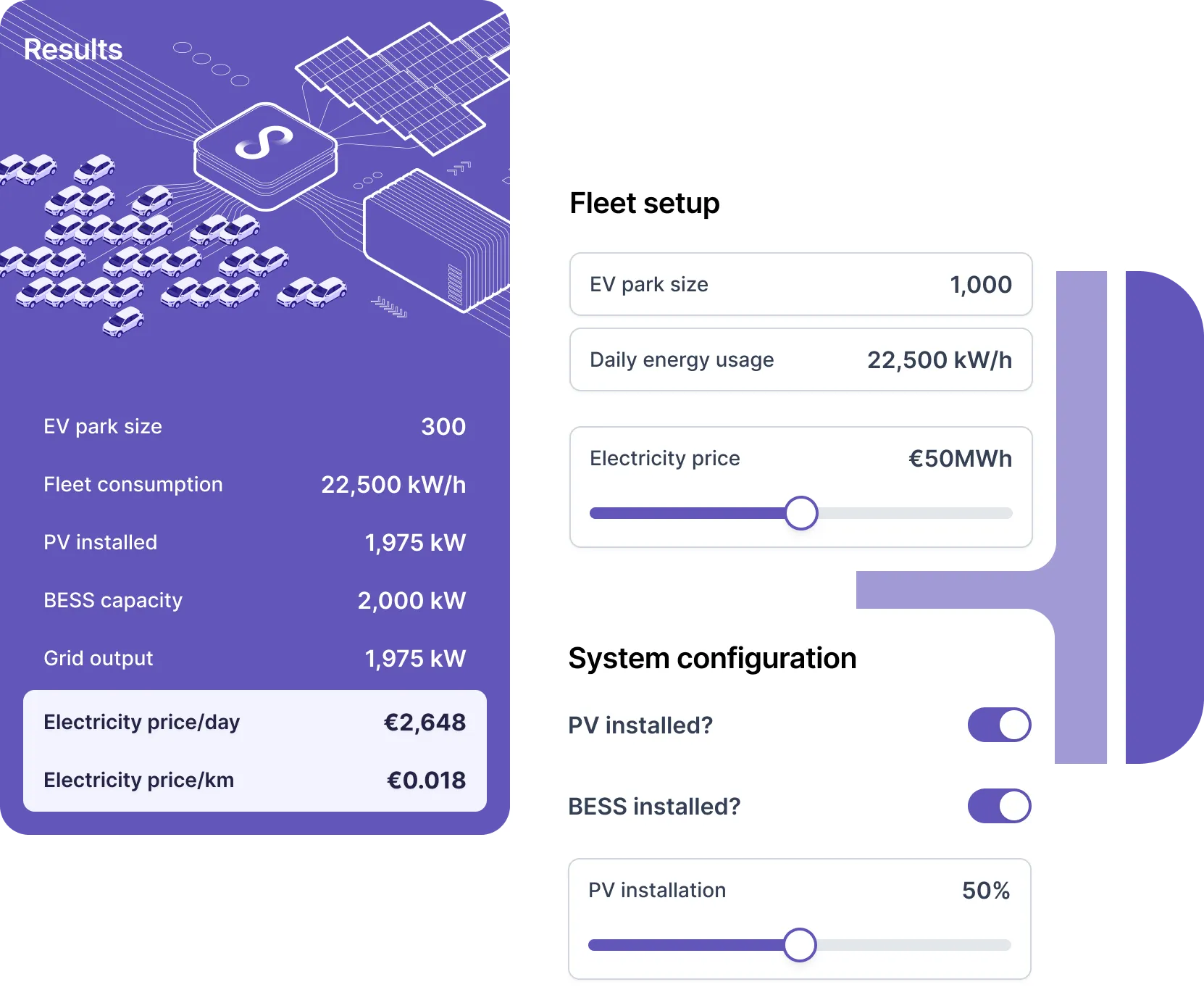
See your EV charging costs in seconds
Use our interactive calculator to estimate energy usage, optimize system design, and get a clear cost breakdown.
Calculate daily and per-km electricity costs instantly
Get charger count, grid output, PV and BESS impact
Adjust inputs and compare real-time results
Energy systems built for your world
Whether you're powering a factory, running a business, or expanding EV fleet — Stuart has the hardware to match your energy goals.
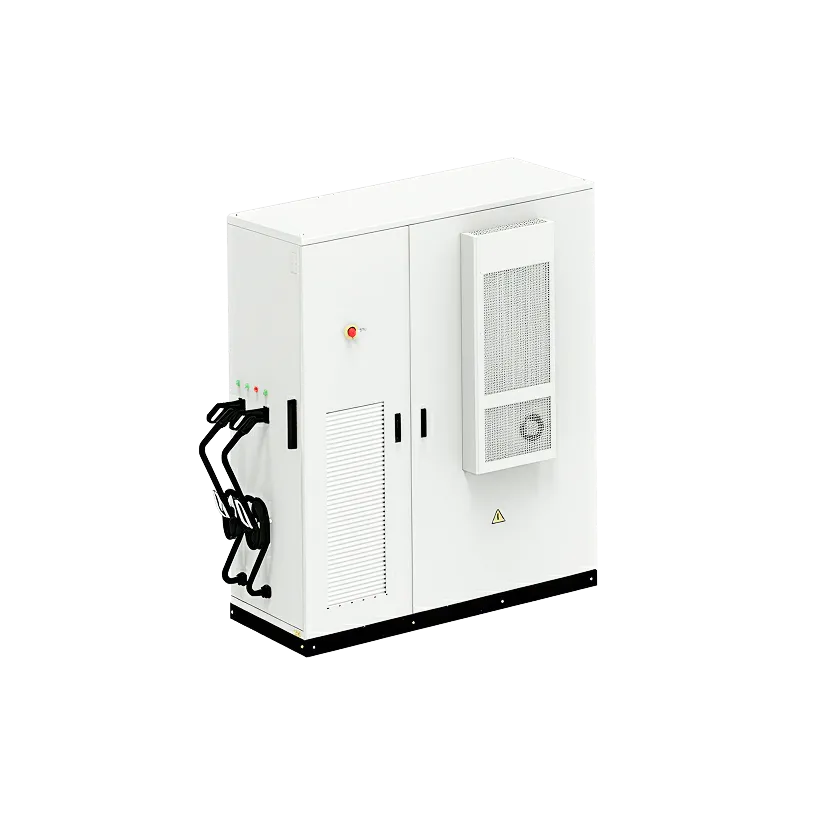
PV Storage & EV Charging Cabinet
A dual-purpose outdoor ESS that combines solar storage with integrated EV charging — reducing costs, maximizing clean energy use, and powering vehicles day and night.

C&I Energy Storage System
A powerful 125 kW cabinet with liquid cooling, intelligent fire protection, and modular scalability — built for commercial and industrial energy optimization.
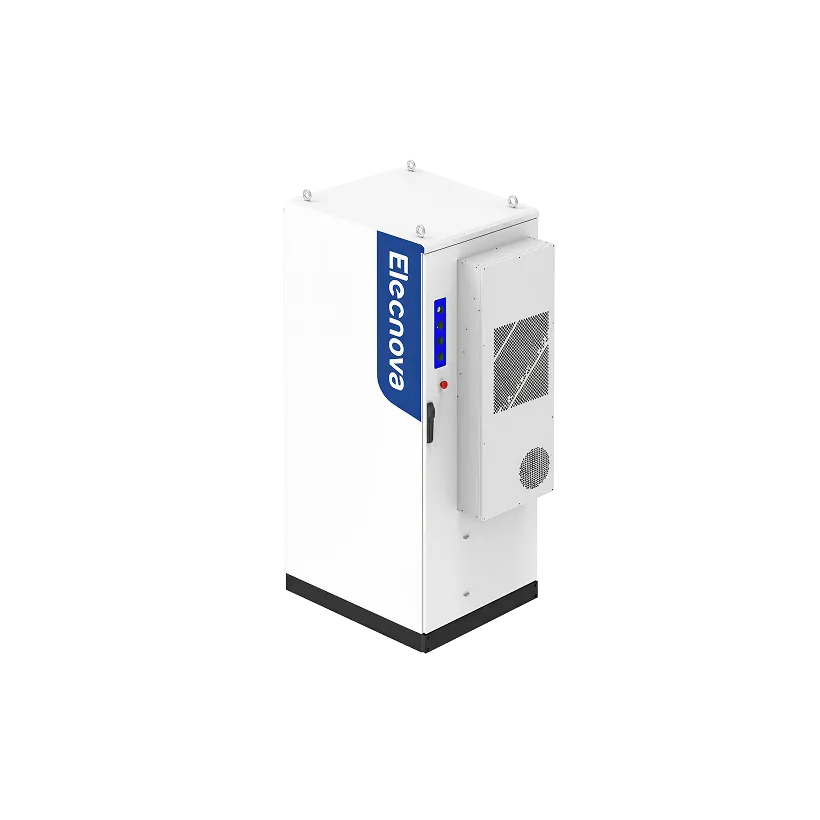
Hybrid Solar ESS Cabinet
An all-in-one cabinet with battery, inverter, HVAC, and safety built in — delivering peak shaving, backup power, and energy independence without taking over your space.
Results that speak for themselves
Real teams. Real outcomes. Here’s how Stuart helps energy operators scale smarter and faster.
“Working with Stuart Energy UAB was smooth and professional. The company delivered high service quality, met deadlines, and responded quickly to our needs. We recommend them as a reliable partner.”
“Stuart EMS makes it easy to manage our solar parks remotely. We especially appreciate the simple customer management tools and the ability to communicate directly.”
“We use the excess electricity to protect our internal network, while the Nord Pool integration ensures an optimized electricity price. The Stuart EMS solution operates reliably and securely.”
Your energy network, smarter than ever
Whether you’re starting out or scaling up, Stuart gives you the tools to grow, optimize, and support your entire operation.
Scalable platform
From one site to a full network, built to grow with you
Unified control
Charging, energy, and support—all managed in one place
Future-ready tools
Designed for where energy is going, not where it’s been
